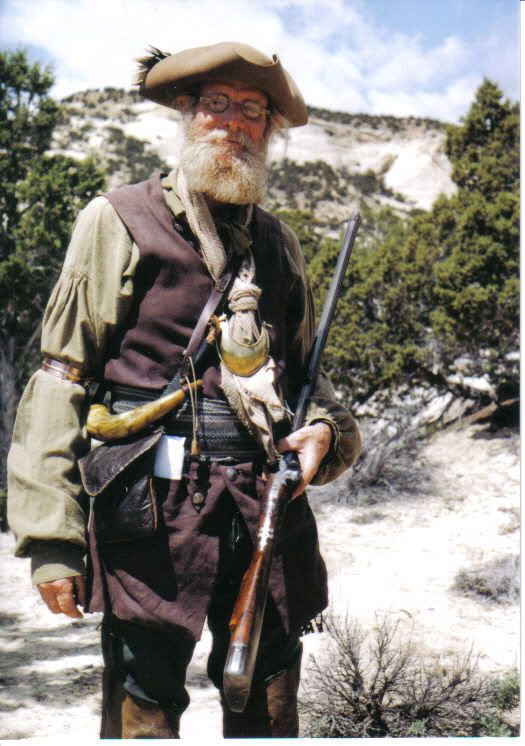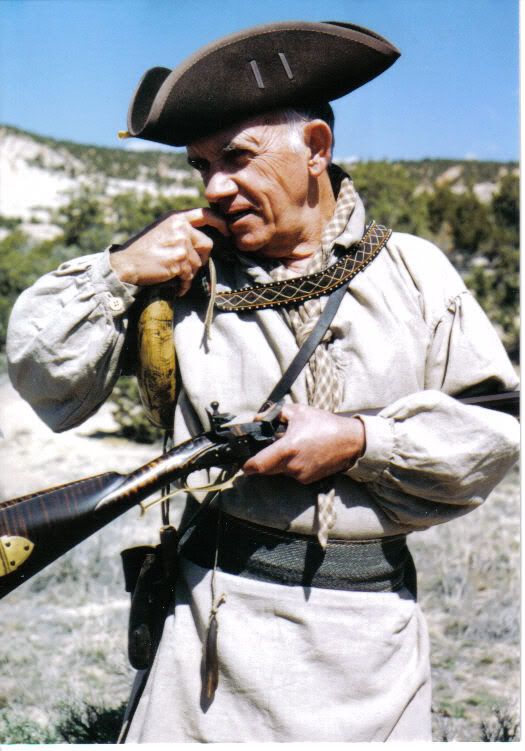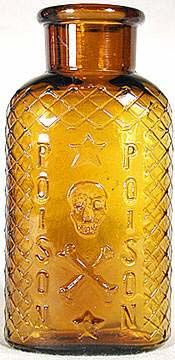Guest
Awwwww, I jest cain't hep mawself! /ubbthreads/images/graemlins/cool.gif
Murphy's, alcohol, and peroxide is one dandy black powder cleaner!
No I'm NOT trying to talk anyone into using the stuff, I'm merely pointing out that it has to be used CORRECTLY .
I can't remember all the stuff that's left in the barrel after shooting black powder, but roughly half of the fuel is left behind in solids, most of which are hygrosopic, and many are salts. The fouling is far more likely to promote rust than a little peroxide.
The trick to using M.A.P. is to get ALL the M.A.P. out of the barrel. Another trick is to buy the right kind of rubbing alcohol, 91% instead of 70% What's the difference between the two? WATER. 70% contains more water.
Alcohol absorbs water, That's what's in "dry gas" you add to your fuel tank to get water mixed in with the gas so it will burn.
After swabbing the bore clean with M.A.P. use 91% alcohol to get ALL the residue from M.A.P. out, then dry completely with patches, then oil. Then ALWAYS check your bore the next day for corrosion.
I have used M.A.P for at least 3 years with narry a trace of rust, but I'm O.C.D. about cleaning the thing well, drying it, oiling it, then checking it a day later.
It matters not to me what you all use to clean your guns. Bleach is not a good idea though. I've read of recipies including cider, vinigar, pee-pee, hot water & soap, windshield washer fluid ( alcohol and water with pretty blue dye in it), mares sweat, and so on.......ad nausium.
The trick is to get ALL the cleaning solution out and dry the thing well, then oil the bore.
Leave a trace of water and soap in the barrel and I betcha it'll rust.
The 91% alcohol trick AFTER you clean the gun is a great idea because alcohol will absorb moisture.
Anyone got any fav'rite recipies for patch lube and cleaning solution???? :haha: :haha:
Murphy's, alcohol, and peroxide is one dandy black powder cleaner!
No I'm NOT trying to talk anyone into using the stuff, I'm merely pointing out that it has to be used CORRECTLY .
I can't remember all the stuff that's left in the barrel after shooting black powder, but roughly half of the fuel is left behind in solids, most of which are hygrosopic, and many are salts. The fouling is far more likely to promote rust than a little peroxide.
The trick to using M.A.P. is to get ALL the M.A.P. out of the barrel. Another trick is to buy the right kind of rubbing alcohol, 91% instead of 70% What's the difference between the two? WATER. 70% contains more water.
Alcohol absorbs water, That's what's in "dry gas" you add to your fuel tank to get water mixed in with the gas so it will burn.
After swabbing the bore clean with M.A.P. use 91% alcohol to get ALL the residue from M.A.P. out, then dry completely with patches, then oil. Then ALWAYS check your bore the next day for corrosion.
I have used M.A.P for at least 3 years with narry a trace of rust, but I'm O.C.D. about cleaning the thing well, drying it, oiling it, then checking it a day later.
It matters not to me what you all use to clean your guns. Bleach is not a good idea though. I've read of recipies including cider, vinigar, pee-pee, hot water & soap, windshield washer fluid ( alcohol and water with pretty blue dye in it), mares sweat, and so on.......ad nausium.
The trick is to get ALL the cleaning solution out and dry the thing well, then oil the bore.
Leave a trace of water and soap in the barrel and I betcha it'll rust.
The 91% alcohol trick AFTER you clean the gun is a great idea because alcohol will absorb moisture.
Anyone got any fav'rite recipies for patch lube and cleaning solution???? :haha: :haha:









